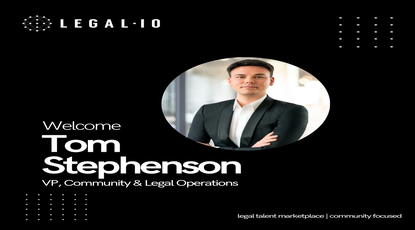The Supreme Court has overturned the longstanding Chevron deference doctrine, fundamentally changing the landscape of administrative law and agency authority. The ruling in Loper Bright Enterprises v. Raimondo marks a significant shift, emphasizing the judiciary's role in interpreting laws over agency discretion.
For nearly 40 years, the Chevron doctrine has directed courts to defer to federal agencies' interpretations of ambiguous statutes. This approach has been pivotal in numerous regulatory decisions, affecting sectors from environmental law to financial regulations. However, critics have long argued that it granted excessive power to administrative bodies at the expense of judicial oversight and constitutional principles.
The Supreme Court's decision overturns Chevron v. Natural Resources Defense Council, a 1984 ruling that was not particularly controversial when announced. The unanimous decision back then established that courts should defer to reasonable agency interpretations of ambiguous statutes. This allowed agencies to fill in regulatory gaps using their expertise, effectively carrying out what was deemed to be Congress' intent.
In recent years, however, Conservatives, including some current members of the Supreme Court, have called for Chevron to be abolished. They argued that if Congress is not specific enough in its legislating, agencies should not be allowed to interpret what Congress meant, a task they believe should fall to the courts.
The recent ruling arose from challenges to a National Marine Fisheries Service (NMFS) rule under the Magnuson-Stevens Act, where plaintiffs contested the agency's authority to require fishermen to pay for onboard observers. The Supreme Court's decision, delivered by Chief Justice Roberts, states that the Administrative Procedure Act (APA) requires courts to exercise their independent judgment when determining whether an agency has acted within its statutory bounds, nullifying the need to defer simply because a statute is ambiguous.
Chief Justice Roberts emphasized the essential role of the judiciary as envisioned by the Framers, asserting, "It is emphatically the province and duty of the judicial department to say what the law is." This ruling effectively restores the courts' duty to interpret laws without the influence of agency interpretations, aiming to reinforce the separation of powers and the checks and balances integral to the Constitution.
Justice Gorsuch, concurring with the majority, noted that Chevron deference represented a "fundamental disruption of our separation of powers," allowing executive agencies to exercise legislative powers under the guise of interpreting ambiguous statutes. He argued that this practice undermined the judiciary's role and violated the Constitution, welcoming the return to a more traditional approach where courts independently determine legal questions.
In dissent, Justice Kagan, joined by Justices Sotomayor and Jackson, defended Chevron's legacy, arguing that it provided a practical framework for courts and agencies to navigate complex regulatory issues. She emphasized that Chevron acknowledged the expertise of agencies in their respective fields, which often surpassed that of the judiciary. Justice Kagan pointed out that Congress enacts broad regulatory mandates, expecting agencies with technical expertise to fill in the details, a process she believes is crucial for effective governance.
The decision also addresses the concerns raised during oral arguments about the practical implications of eliminating Chevron deference. Justice Kavanaugh highlighted that deference to agency interpretations can lead to significant policy shifts with new administrations, creating instability in regulatory areas such as environmental, securities, and communications law.
While the Supreme Court has not often relied on Chevron in recent years, lower courts have made thousands of decisions based on this doctrine. The ruling is expected to have a profound impact across the government, potentially leading to more frequent judicial reversals of agency rules and policies. Legal professionals and corporate counsel must prepare for a new era of regulatory litigation, where the judiciary plays a more assertive role in determining the scope and limits of agency authority.
The cases decided, Loper Bright Enterprises v. Raimondo and Relentless v. Department of Commerce, involved the requirement for herring fishing vessels to carry and fund observers under a 1976 federal law. The Court ruled that without specific Congressional authorization, agencies could not mandate the fishermen to pay for these observers.
This decision marks a significant turning point in administrative law, potentially reshaping how federal regulations are developed and enforced.










